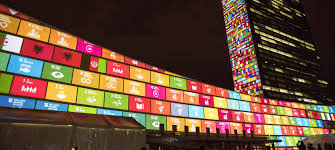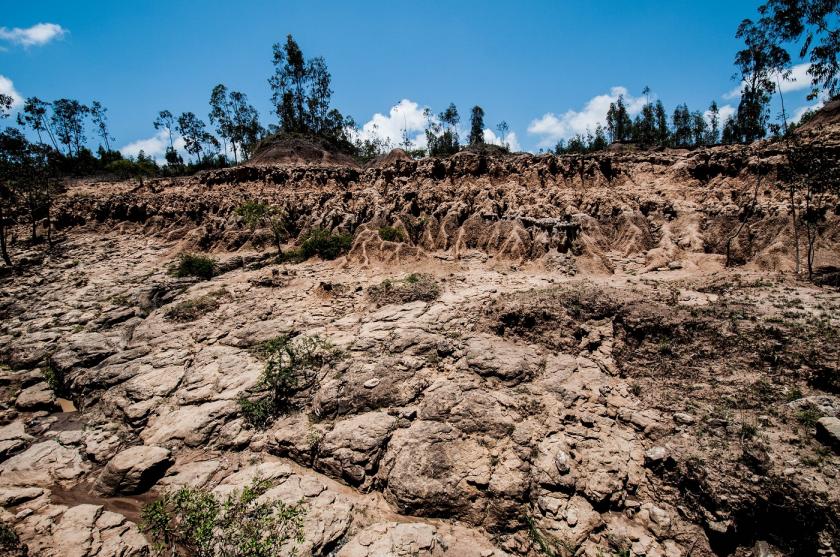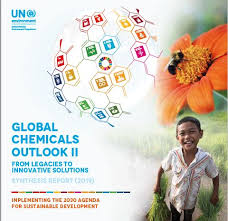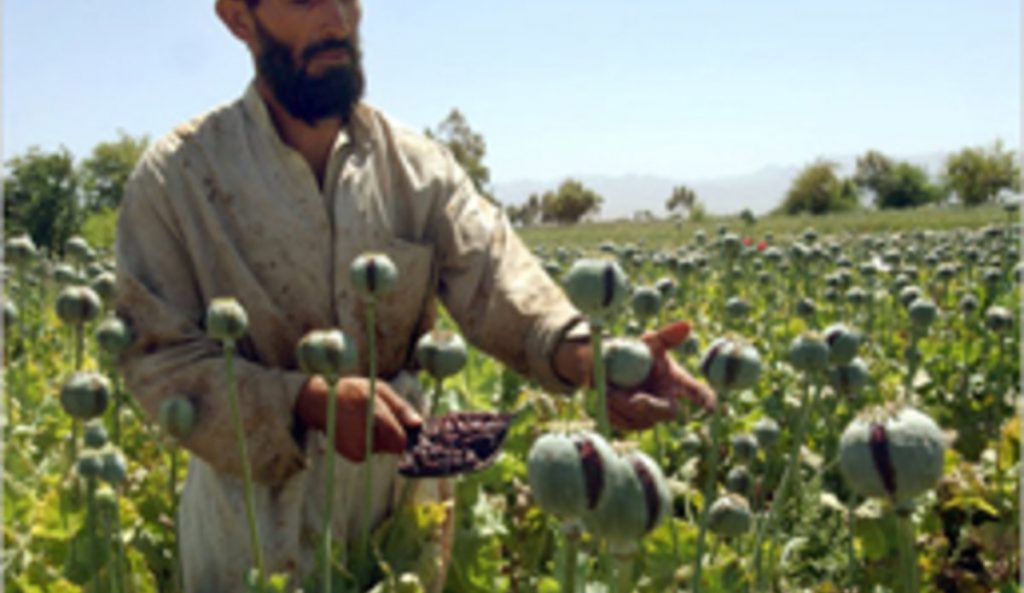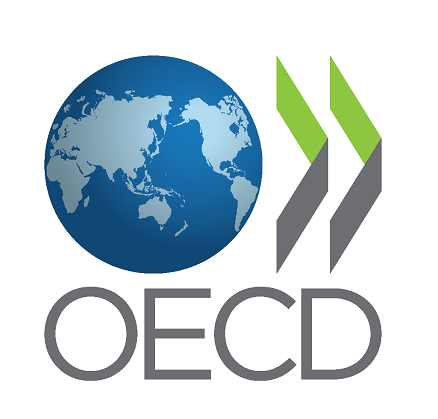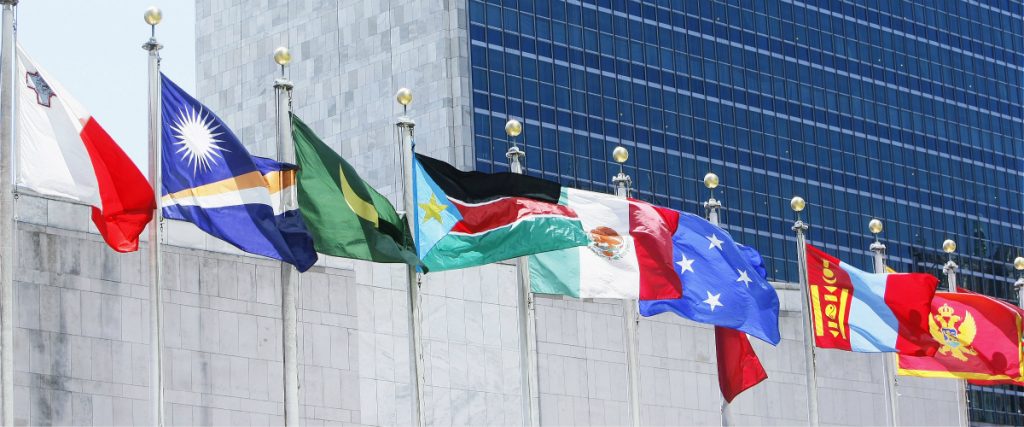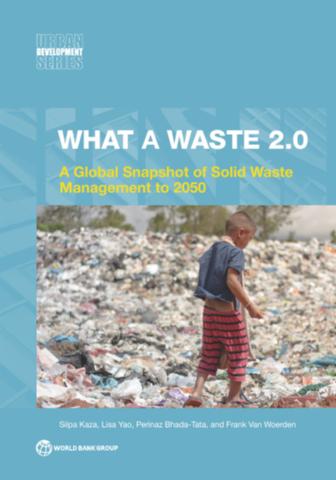The policies and challenges related to tackling Illicit Financial Flaws in the context of implementing the 2030 Agenda and achieving the SDGs
There is a direct link between the development challenges and the illicit financial flows (IFFs). Nearly US$1 trillion of unrecorded money leaves the emerging market and developing countries annually (OECD, 2018; GFI, 2019; UNODC). IFFs undermine the efforts of countries to mobilize finance for sustainable development and the internationally-agreed SDGs by the target date of …

